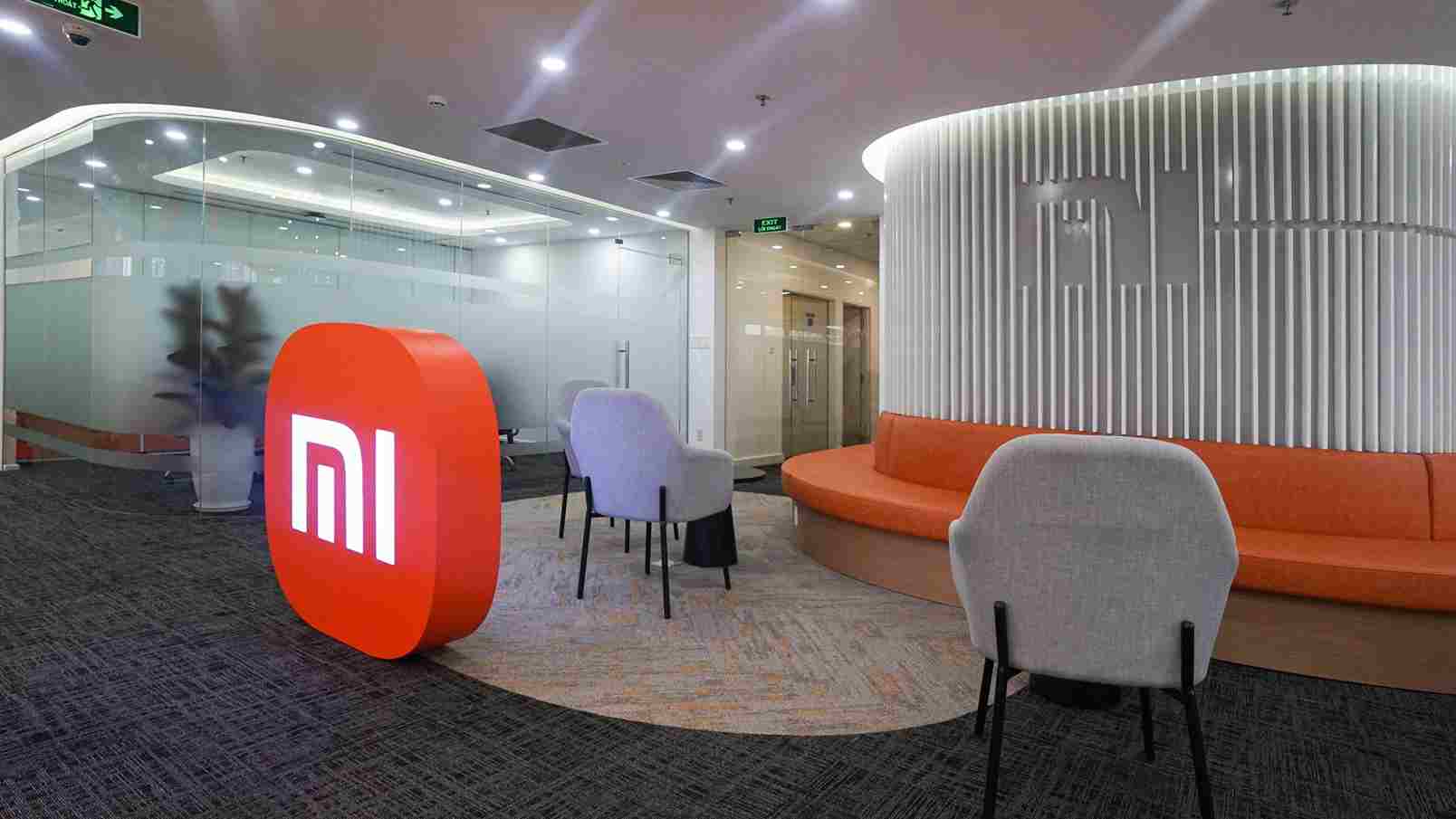
China’s industry is a true phenomenon in global trade. It is a massive and complex ecosystem that includes literally millions of businesses — from huge corporations to small family-owned enterprises. Let’s take a closer look at the biggest players — the largest companies, factories, and manufacturing plants in China.
In the modern world, the boundaries between factories, plants, and companies are becoming blurred. However, knowing the biggest players helps you understand the direction your business can take.
Traditionally, plants are industrial facilities focused on heavy industries, raw material processing (like oil or timber), or assembling products from key components:
Corporations are trade or tech giants that own enterprises, factories, and plants. You’ll likely recognize several of China’s biggest corporations:
Among these, Tencent Holdings holds the highest market capitalization (around $740 billion), constantly competing with Alibaba Group. Overall, China’s corporate capital rankings are led by banks and investment funds.
Want to source products profitably from China? We offer Chinese supplier sourcing services across any niche.
Here are some well-known Chinese manufacturing enterprises by industry:
Many enterprises don’t disclose their financials, so figures are approximate.
Factories generally refer to light industry production facilities. In China, the concept of a “production cluster” is common — a group of factories that produce components, process materials, and assemble final goods within the same region or city.
This approach boosts profits, reduces production time, simplifies logistics, and stimulates the industrial ecosystem:
Trust DiFFreight for product sourcing from China — our buyers will find the best deals directly from manufacturers or verified intermediaries.

The City of Guangdong, China
In short — positively. In recent years, China’s policy has shifted from being the “world’s factory” to becoming a “center of innovation and technology.” While consumer goods exports still meet global demand, the country is heavily investing in IT, high-tech industries, and complex machinery.
It is expected that the share of “mass-market goods” will soon decrease, allowing China to become an even more influential player in global trade. The country also faces challenges that slow down economic growth — the real estate crisis, trade wars, and weak domestic consumption.
Importing from China is a profitable strategy for Ukrainian businesses that boosts income and leads to steady profit growth. However, entrepreneurs often face multiple challenges — and DiFFreight can solve them. Here’s how we help you cooperate with China:
We make international logistics simple, saving entrepreneurs’ time and resources. Book a consultation today and be the first to get the details!
A reliable manufacturer is identified by certificates, production experience, ownership of facilities, product samples, and results of factory audits or video inspections.
A factory has its own production lines, can customize products, and offers lower costs. A trading company acts as an intermediary selling ready-made goods with a markup.
Yes. Photo/video inspections, onsite auditors, factory audits, first-batch controls, and pre-shipment inspections are all available.
Yes. We search for manufacturers, verify documents, audit factories, arrange sample orders, and supervise production.

